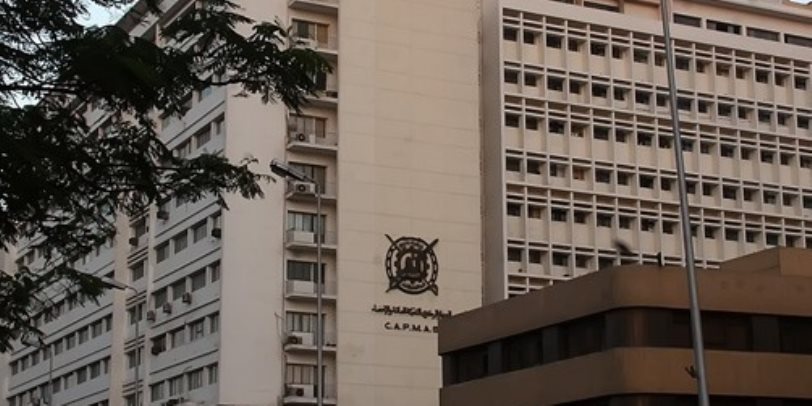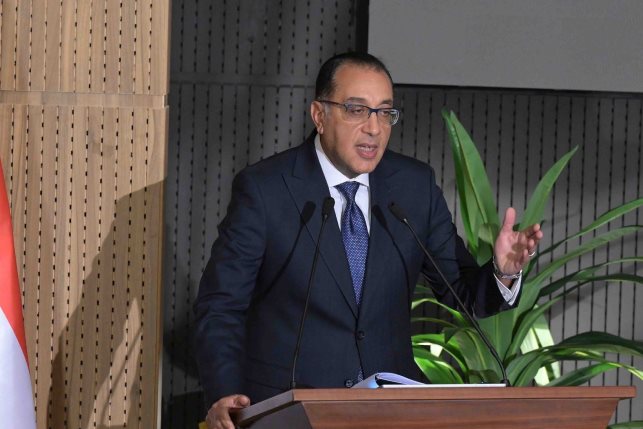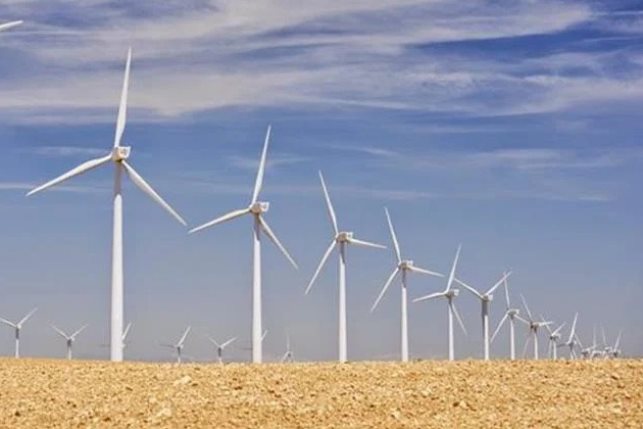Egypt non-oil trade deficit grows 10% in May 2021: CAPMAS
The increase in exports were attributed to increased demand for various commodities, with plastic in their primary forms exports climbing 96.6%

Egypt’s non-oil trade deficit increased by 10% in May 2021, reaching $3.34 billion, with exports surging by 80.3% to reach $3.11 billion, states the Central Agency for Public Mobilization and Statistics (CAPMAS).
Trade deficit saw an increase of around 0.30 compared to May 2020 ($3.04 billion), while exports’ jumped by around 1.39 million when compared to May 2020’s recorded $1.72 billion.
Egypt’s non-oil product trade deficit improved during the first 9 months of 2021, climbing 12.7% year-on-year.
The increase in exports were attributed to increased demand for various commodities, with plastic in their primary forms exports climbing 96.6%, pasta and other food preparation items by 81.4%, and fresh fruits by 70.9%.
Some commodities did see declines in May, including fertilizer by 48.1%, dairy products by 29.2%, furniture by 19.8%, and perfumes and cosmetics by 9.4%.
When it comes to imports, Egypt increased imports by 35.4%, hitting $6.45 billion in May 2021, compared to $4.76 billion in May 2020.
The amount of imported commodities such as medicines and pharmaceutical preparations rose by 58.6%, plastics in their primary forms by 57.9%, wood by 65.9%, and soybeans by 21.2%.
Some imports lessened during the May 2021 period, including extracts for tanning and dyeing by 20.4%, fish including preserved fish by 16.8%, meat by 48.6%, and electric motors and generators by 17.7%.
Egypt’ trade deficit fell in April by 13.3%, recording at $3.1 billion, with the value of exports climbing 47.4%.
Egypt’s Purchasing Managers’ Index (PMI) for the non-oil private sector dropped to 49.1 in July, down from the 49.9 recorded in June.





